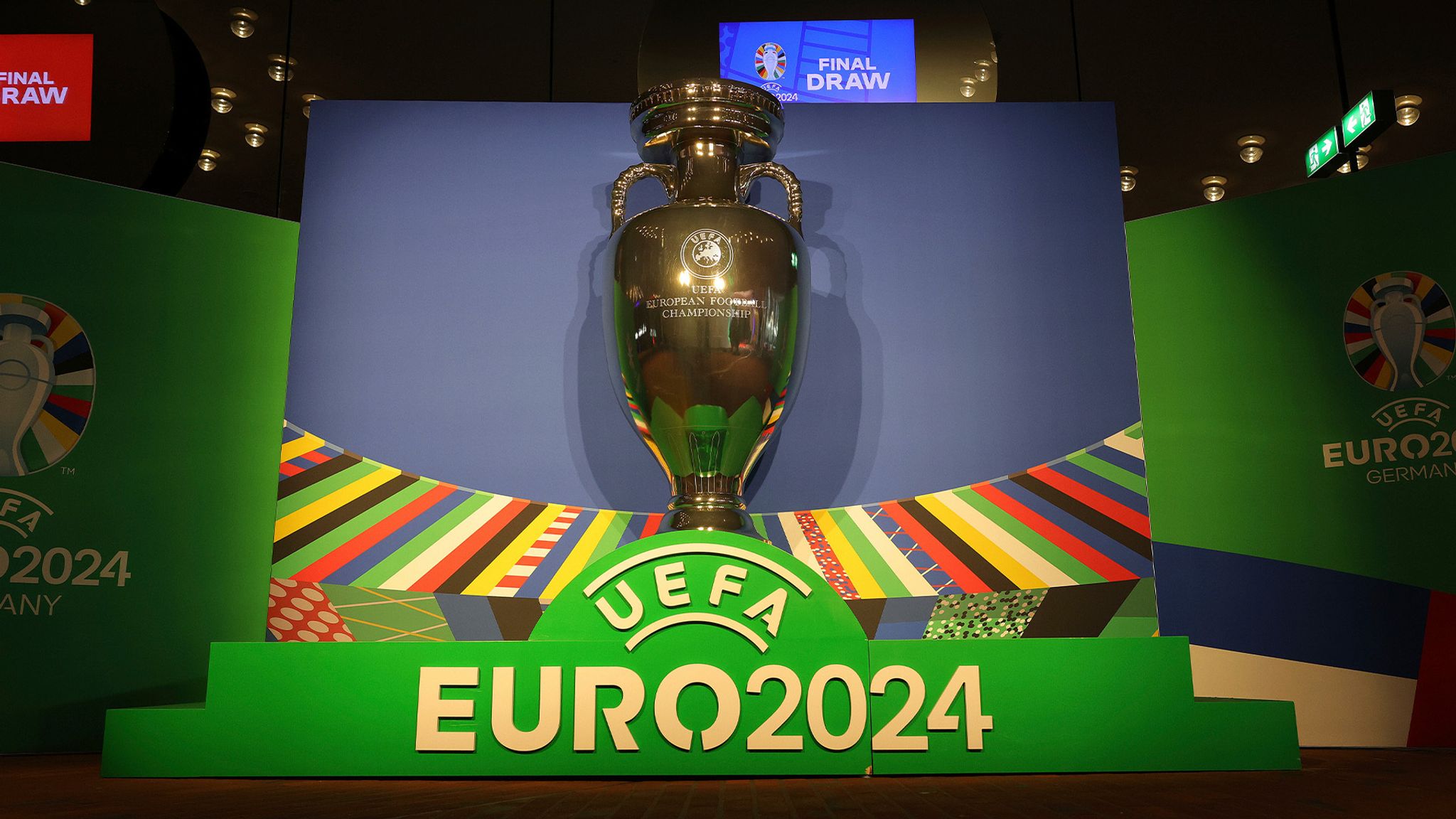As Germany prepares to host EURO 2024, concerns about racism have come to the forefront following a revealing survey about racist tendencies toward national football teams. This article explores the issues faced by players of color during EURO 2020 and outlines Germany’s strategy to combat racism in EURO 2024, ensuring an inclusive tournament.
Racism in EURO 2020: A Painful Reality
EURO 2020 was overshadowed by numerous racist incidents, particularly targeting players of color from England’s national team. During the final against Italy, Marcus Rashford, Jadon Sancho, and Bukayo Saka missed crucial penalties, leading to a torrent of racial abuse on social media. This flood of hate highlighted the deep-rooted racism within some fan communities, prompting widespread condemnation and urgent calls for action.
Germany’s Comprehensive Plan to Combat Racism in EURO 2024
As the host nation for EURO 2024, Germany faces the responsibility of ensuring a safe and inclusive environment for all participants. The recent survey findings have intensified the urgency to address racism. Germany is adopting a multi-faceted approach, including educational initiatives, enhanced security measures, and social media accountability to combat racism effectively.
Educational Initiatives
Germany is launching comprehensive educational campaigns aimed at raising awareness about racism and promoting inclusivity. These initiatives target fans, players, coaches, and officials, emphasizing respect and diversity. By educating all stakeholders, Germany aims to create a culture of inclusivity that permeates every aspect of the tournament, fostering understanding and acceptance.
Enhanced Security Measures
To prevent racist incidents and ensure the safety of players of color, Germany is implementing enhanced security measures within stadiums and surrounding areas. This includes increased surveillance, quick-response teams, and stringent checks to identify and exclude individuals with a history of racist behavior. These measures are crucial in creating a safe and welcoming environment for everyone involved, ensuring that racism has no place in the tournament.
Social Media Accountability
Given the significant role social media played in the racial abuse during EURO 2020, Germany is collaborating with tech companies to monitor and address online hate speech. Efforts are underway to identify and penalize those who engage in racist abuse, ensuring that digital platforms are held accountable for the content shared on their sites. This collaboration aims to create a safer online environment for players and fans alike, where respect and positivity prevail.
The Broader Impact of Racism in Football
Racism in football affects not only the players on the field but also their mental health and well-being. The incidents during EURO 2020 left lasting scars on the affected players, influencing their performance and mental resilience. Addressing racism is crucial for ensuring fair play and safeguarding the holistic well-being of athletes. The emotional toll of racism cannot be underestimated, and providing support for affected players is essential.
Community Involvement and Grassroots Initiatives
Germany’s efforts to combat racism in EURO 2024 also extend to community engagement and grassroots initiatives. By fostering a culture of inclusivity from the ground up, these initiatives aim to create a ripple effect that reaches all levels of the sport. Programs designed to educate young fans, promote diversity in local clubs, and support victims of racism are integral to these efforts. Engaging communities in these initiatives ensures a broader impact and long-term change, building a foundation of respect and understanding.
Looking Ahead: A Hopeful Future
As EURO 2024 approaches, the focus on combating racism in football has never been more intense. The lessons from EURO 2020 serve as a stark reminder of the work that remains. However, with comprehensive strategies and a united front against racism, there is hope for a more inclusive and respectful tournament.
Germany’s proactive measures, combined with the collective efforts of the football community, pave the way for a future where players of color can compete without fear of discrimination. By addressing racism head-on, EURO 2024 has the potential to set a new standard for inclusivity in sports, inspiring other nations and organizations to follow suit. The tournament can serve as a model for how to effectively combat racism in sports, creating a legacy of positive change.
Conclusion
The challenge of combating racism in football is formidable, but not insurmountable. As Germany prepares to host EURO 2024, the commitment to addressing and eradicating racist tendencies is paramount. The focus on education, security, social media accountability, and community involvement underscores a comprehensive approach to ensuring a safe and inclusive environment for all. By learning from the past and implementing robust measures, EURO 2024 can serve as a beacon of progress in the fight against racism in sports.
In the lead-up to EURO 2024, the specter of racism is a critical issue that demands attention and action. The legacy of EURO 2020, marked by the racial abuse of players of color, serves as a poignant reminder of the importance of this fight. Germany’s efforts to combat racism, through education, enhanced security, and social media accountability, are steps in the right direction. As the football world unites to tackle this challenge, there is hope for a future where the beautiful game truly lives up to its name, free from the blight of racism.


